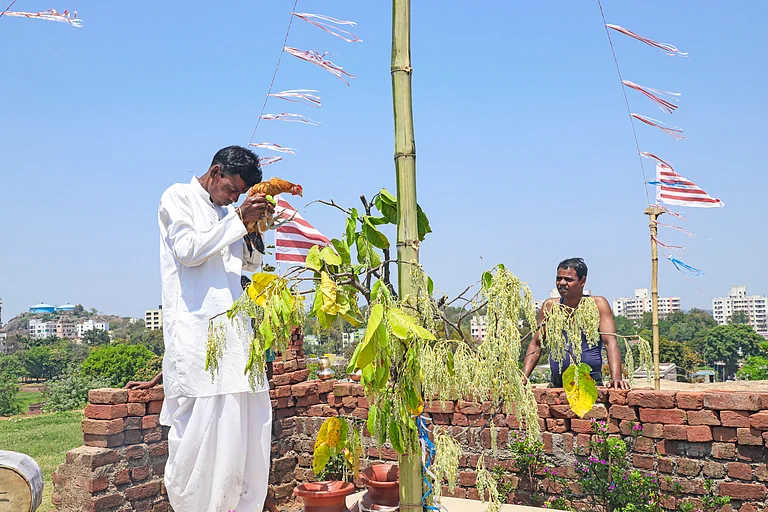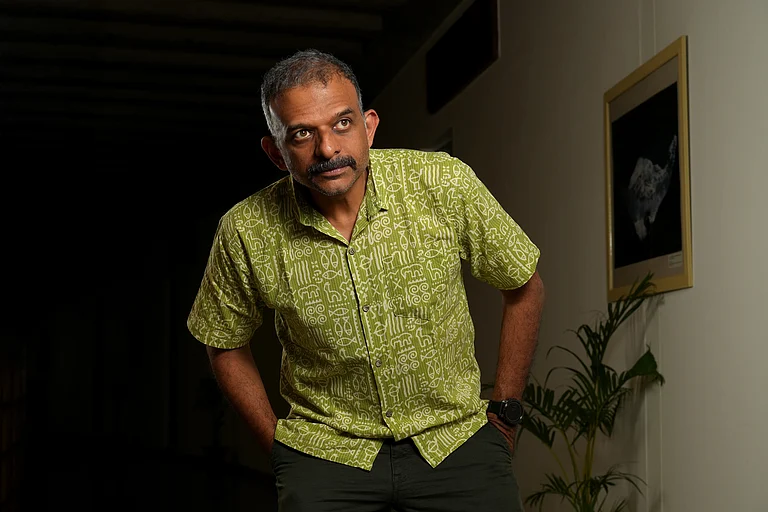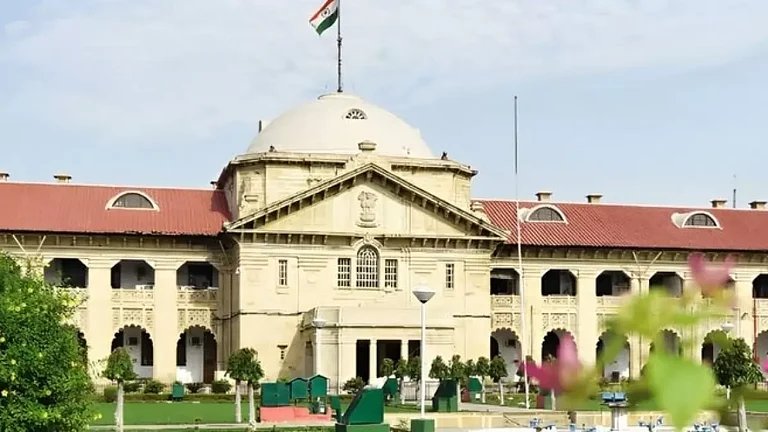The Hindu side in the Krishna Janmabhoomi-Shahi Idgah dispute on Tuesday told the Allahabad High Court that it has been the nature of the Waqf Board to "encroach" upon any property and declare it as a waqf asset.
The counsel for the Hindu side, Rina N Singh, further said that the "practice" of the Waqf Board cannot be permitted.
The submissions were made during the hearing of a plea challenging the suit seeking "removal" of the Shahi Idgah mosque adjacent to the Krishna Janmabhoomi temple in Mathura.
The matter is being heard by Justice Mayank Kumar Jain on the plea moved by the Muslim side regarding the maintainability of the suit.
Hindu side counsel Singh also said the Muslim side claimed that the said property became a waqf property through a compromise entered in 1968 between the two sides. But, in the said compromise, the deity, who is the owner of the property, was not a party, Singh said.
He further said provisions of the Places of Worship Act as well as the Waqf Act are not applicable in the case.
The matter will be heard next on May 15. The Muslim side in the case would present its arguments after completion of arguments of the Hindu side.
On May 2, the Hindu side told the Allahabad High Court that the temple is a protected monument and it should be governed under the Ancient Monuments and Archaeological Sites and Remains Act, 1958.
The counsel for the Hindu side, Hari Shankar Jain, had also submitted that the provisions of Places of Worship Act would not apply in the case.


























